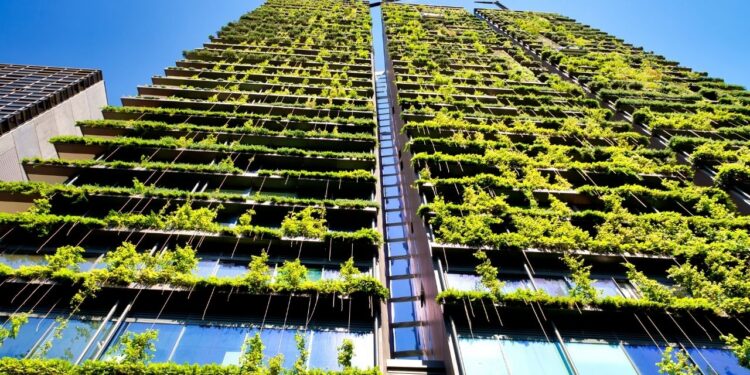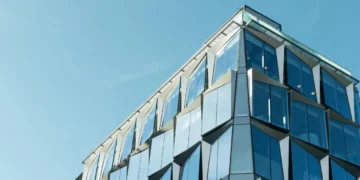The World Green Building Council (WorldGBC) has launched a new program that aims to help the building and construction industries to embrace green-focused efficiency.
The WorldGBC finds that built environments contribute 37% of energy-related carbon commissions.
Additionally, two-thirds of the global population will live within cities by 2050, which will likely lead to using up 75% of natural resources and contributing to 50% of waste.
Even more, the United Nations recently revealed that the world has a 50% potential of surpassing nearly 35 degrees over the next five years.
“The impact of this resource use — associated [greenhouse gas] emissions and pollution and plunging biodiversity — accelerates climate change and the decline of life-sustaining ecosystem services such as the maintenance of clean water and productive soils,” said Cristina Gamboa, CEO of WorldGBC. “These impacts unequally affect the most vulnerable communities and economies around the world. But that can and must change.”
The Circularity Accelerator aims to address these fast-approaching challenges by bringing together WorldGBC’s Green Building Councils to achieve these goals:
- Incorporate sustainable management and utilize natural resources within buildings, while also trying to reduce waste by 2030
- Create a built environment with net zero whole life resources depletion and work on restoring resources by 2050
To bring awareness to the changes the building and construction industries can make to better participate in the circular economy, the Circularity Accelerator will release a ‘state of the market’ report that focuses on identifying challenges and opportunities.
The program will also launch an awareness campaign that will host training events, publications, and tool kits for its Green Building Councils.



 Dr. Gleb Tsipursky – The Office Whisperer
Dr. Gleb Tsipursky – The Office Whisperer Nirit Cohen – WorkFutures
Nirit Cohen – WorkFutures Angela Howard – Culture Expert
Angela Howard – Culture Expert Drew Jones – Design & Innovation
Drew Jones – Design & Innovation Jonathan Price – CRE & Flex Expert
Jonathan Price – CRE & Flex Expert











